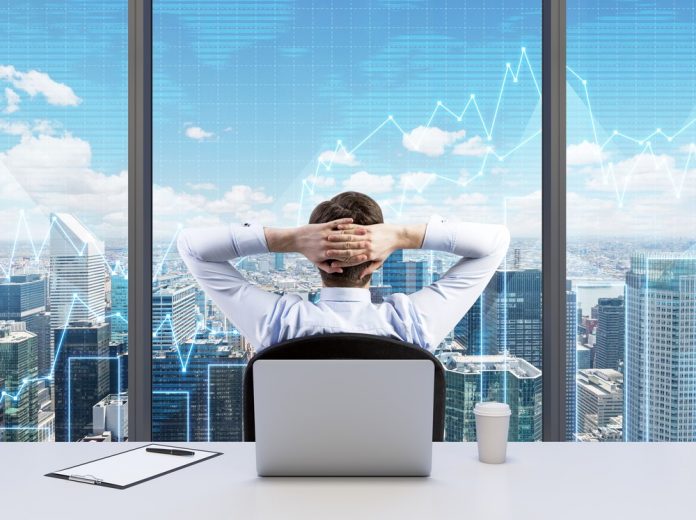Forex trading – it’s the stuff of high-flying city slickers and financial analysts cloistered away behind closed doors in investment banks. Or is it? If there has been one overriding theme in this information age it has been to remove the air of mystery that has surrounded seemingly complex topics.
Today, anyone who has a smartphone and a bank card can set up an account and start trading in Forex. The real question, however, is not whether they can but whether they should. There is an oft-quoted statistic that well over 90 percent of traders lose money. Some say it is as high as 96 percent, and while the source of this statistic remains one of those internet mysteries, the point is that Forex trading is not the simple license to print money that some might try to claim.
Avoiding the elephant traps
Professional traders have been making money in Forex trading since time immemorial – the business can be traced back to biblical times, when money changers charged visitors to the Holy Land an administrative fee to convert their currency. From that day to this, there has been money to be made in buying and selling currency, so where do so many people go wrong?
There can be no doubt that most of the 90 (or 96) percent who get their fingers burned are new to Forex trading and individuals who dive in headlong, make half a dozen ill-conceived transactions and retreat, penniless, never to return. Yet the real stumbling block is not so much a lack of financial knowledge, but rather a deficiency in strategic thinking and sound risk management. The following tips will help the budding forex trader to avoid disaster and derive the best possible financial rewards from their trading activities.
Get an education
You might be surprised how many people assume that knowing the pound is performing well against the Euro or the dollar is struggling against the yen counts as knowing about Forex trading. Yet it is a little like saying that you know 130 over 80 constitutes a healthy blood pressure, so you are ready for a career in nursing.
There is no substitute for education, and there are plenty of Forex trading courses out there, both in educational establishments and online. Even if you do not take a formal course, read as many resources as you can to acquaint yourself with all the terminology till you are completely comfortable with your pips, swaps and spreads.
Understanding the theory is great, but you also need to really study the markets, and get a picture for the trends, volatility and external factors that drive change.
Practice your skills
With an understanding of the markets and a head full of buzzwords, you are ready to start trading and raking in the money, right? Wrong. Think back to our nursing example – attending some lectures and reading Gray’s Anatomy is not enough to let you loose on patients just yet.
One of the many wonders of the digital age is that you can open up a trading account and use it in demo mode before you start investing money for real. A forex practice account provides the perfect platform to work out whether you’re ready to begin treating patients – or in this case, whether you can start trading for real with your own money.
Mitigate the risk
Some say we have become more risk-averse as a species over recent years. A generation ago, it was not uncommon to drink half a dozen beers then drive the car home with four children in the back, and nobody wearing seat belts. Today, we are far wiser in all sorts of ways.
The exception, perhaps, is in the online world. The word “virtual” is often used for online transactions, and perhaps that can fool our brains into thinking the money is in some way less real.
Approaching your trading from a risk management perspective is the single most important factor in avoiding disaster and staying out of that 90 percent. The reason is that however good a trader you are, you will sometimes end up on the losing side. It happens to everyone and is all part of the game.
The most successful traders are not the ones who make the most daring deals, but the ones who understand that any deal could go south with alarming rapidity. Approach each trade with the knowledge and even the expectation that it could go spectacularly wrong, and you will not be caught out.
If you limit your exposure on any one transaction to a maximum two percent of your account balance, then there is literally nothing that can go seriously awry.
Monitor your performance
Anyone who has worked in management will know all about continuous improvement, and it is a philosophy that works exceptionally well in forex trading. The core principle is to set your goals, define your strategy, implement it and then monitor your performance to see what is working and what is not. You can then feed this back into the strategy, thereby creating a virtuous circle.
Hundreds of Business Opportunities – Visit the Home Business EXPO
Find a Home-Based Business to Start-Up >>> Hundreds of Business Listings.

















































